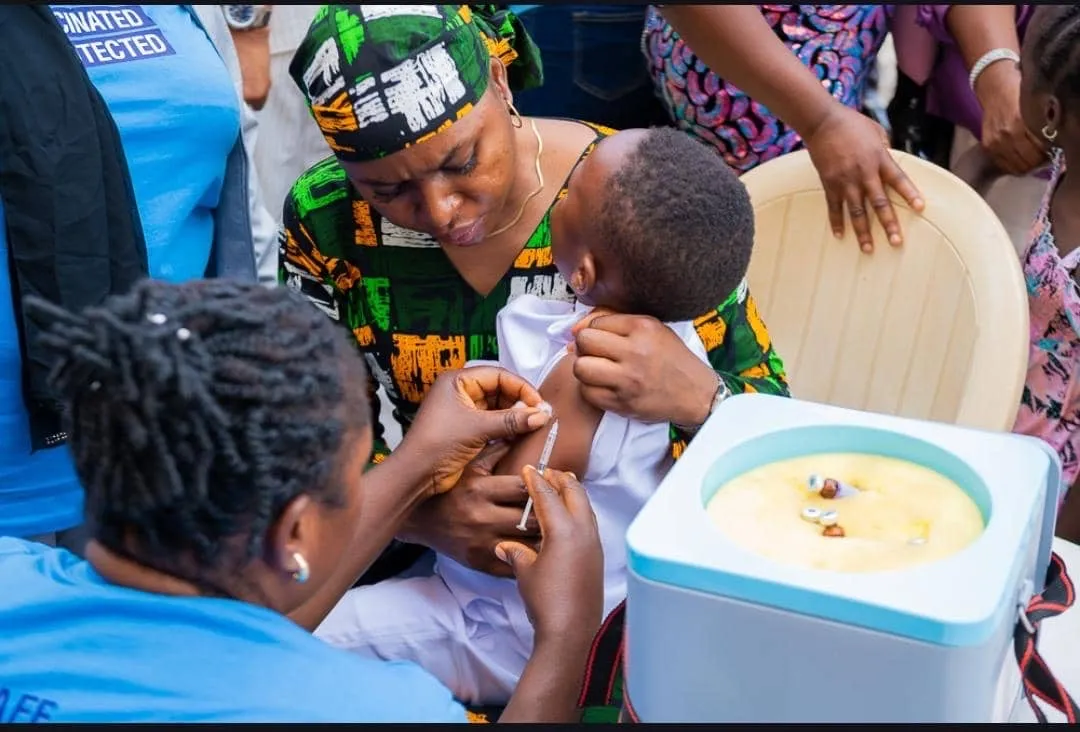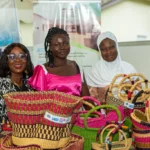Thanks to low awareness and weak immunisation, a growing number of childhood illnesses have remained a public-health concern in Nigeria.
Despite the presence of new and improved vaccines, cultural myths and misinformation have slowed immunisation in the country, leaving many children at risk of measles, rubella and other preventable illnesses.
Data by UNICEF ranks Nigeria among the countries with the largest cohort of unvaccinated children.
A turning point for child immunisation
In the capital city of Abuja, the Federal Capital Territory Administration, or FCTA, is ratcheting up efforts to boost child immunisation through the mass influence of religious leaders.
The new partnership combines sermons, advocacy visits and on-the-spot awareness sessions to combat misinformation and build public trust in vaccines.
This initiative, which is part of the broader Measles-Rubella Child Immunisation Campaign, targets children in the state across all religions.
The outreach, which took off with visits to mosques like Ansar-ud-Deen Society and Al-Habibiyyah Islamic Foundation, has extended to churches such as the Mountain of Fire and Miracles Ministries and the Redeemed Christian Church of God.
To boost compliance, the Minister of FCT Nyesom Wike has approved free enrolment in the FCT Health Insurance Scheme for children who complete their vaccination schedules in public schools.
Lessons from other states
This model highlights the profound significance of religious institutions in a country like Nigeria.
In Kaduna State, for example, over 170 Christian and Muslim leaders were engaged in interfaith dialogues to address vaccine hesitancy and promote routine immunisation across local communities, according to a learning brief by Pathfinder International.
Similarly, in other northern regions, the use of traditional rulers and faith leaders in vaccination campaigns has shown measurable success.
One initiative shows how community monarchs helped public-health organisations raise vaccination uptake, rebuild trust and counter vaccine hesitancy in rural areas.
If this alliance suggests positive outcomes for child immunisation in Nigeria, it faces challenges such as misinformation on social media, language barriers and logistical gaps in reaching far-flung communities.
Nevertheless, the emerging partnership between FCTA and faith leaders marks a turning point in the ambition to achieve universal immunisation.
Summary not available at this time.






